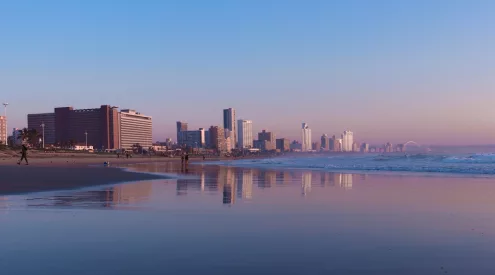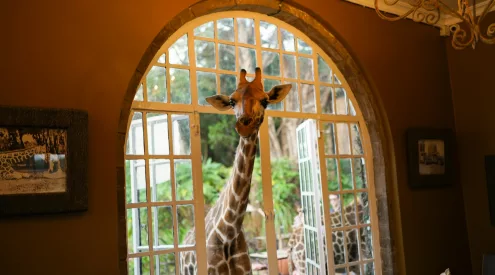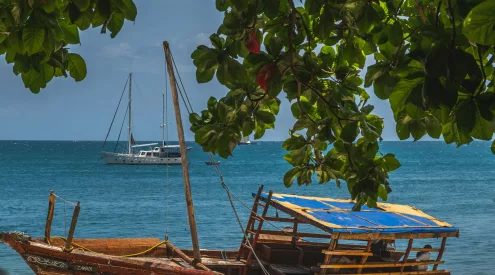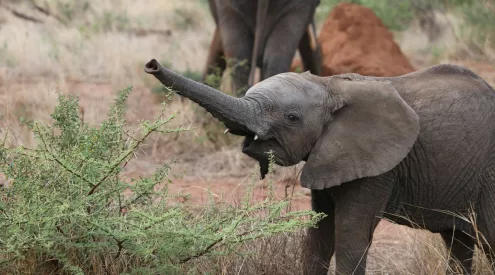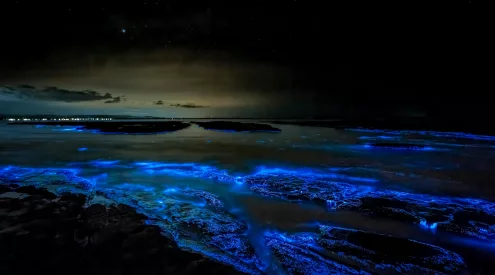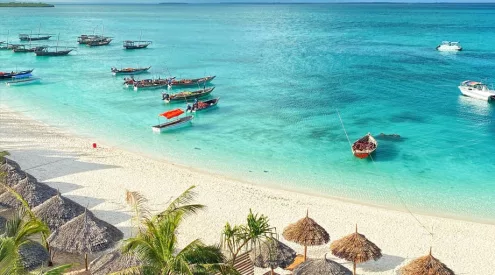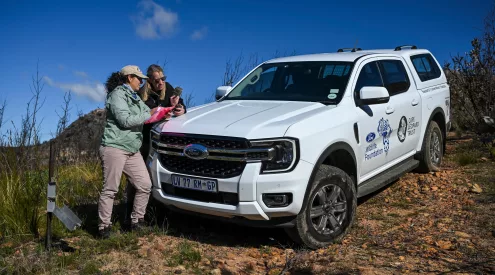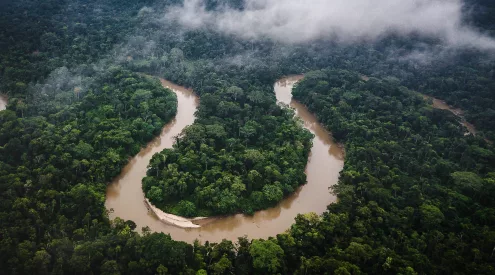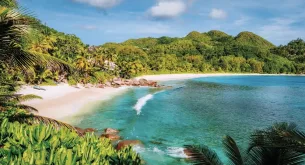A group of researchers led by the National Oceanic Atmospheric Administration made a harrowing discovery after towing a small mesh net through Hawaii’s west coast waters.
According to EcoWatch, the researchers were studying the habits of larval fish. The researchers believed the larval fish would be found in the area where the wind and waves push the ocean surface water together (known as surface slicks).
This area is where plankton should be found, a food source the fish are dependent on.
Instead scientists found that micro plastic particles are gathering at the ocean’s surface. These particles are mixing in with critical food sources for the hatchlings.
According to Huffington Post, slicks make up less than 10% of Hawaii Island’s costal waters. This area can contain more larval fish than the surrounding waters. Researchers found that the slicks which were studied, had a higher plastic concentration than other areas. In these important feeding areas, plastics outnumbered larval fish 7 to 1. Some of the fish are eating the plastic particles which is detrimental to their survival. This in turn would have a knock-on effect on the ocean’s food chain.
Jonathan Whitney, who co-led the study said in a press release: ‘We were shocked to find that so many of our [water] samples were dominated by plastics.’
The study revealed that of the 658 dissected larval fish, 8.6% had ingested plastics, compared with only 3.7% from surrounding waters.
While more plankton than plastic was found in the slicks and surrounding waters, the ratio of plastic to plankton was 60x higher inside the slicks.
‘If they’re eating plastics at their first critical meal, they’re filling their bellies with plastics instead of plankton. Having a belly full of plastic might make them think they’re full, leading eventually to starvation,’ said Whitney to Huffington Post.
A time-lapse video of the collected plastic, synthetic material and larval fish. Credit: David Liittschwager
You can read the entire study here.
Image: Unsplash

